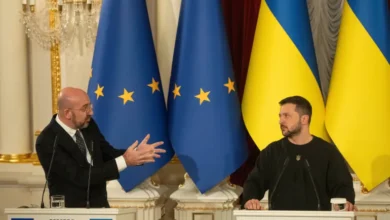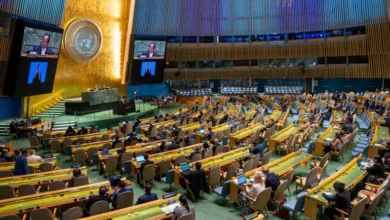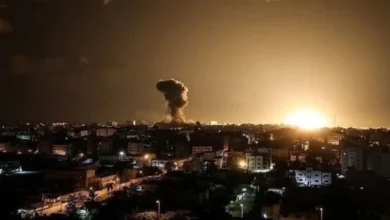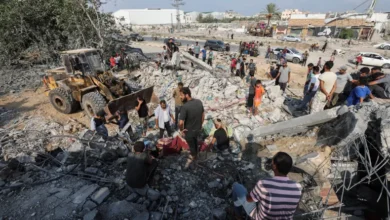Mob targets chief minister’s home in restive Indian state amid sectarian violence

Thousands of protestors on Thursday tried to storm the home of the chief minister of a restive Indian state riven by sectarian violence, officials said, adding that extra troops were being called in to try to maintain order.
More than 150 people have been killed in the remote northeastern state of Manipursince armed clashes broke out in May between the predominantly Hindu Meitei majority and mainly Christian Kuki community.
Meiteis have been infuriated in recent days by pictures of two murdered students from their community who had gone missing in July.
Residents in the state capital Imphal defied a security clampdown and curfew to mount a protest near the family home of chief minister N Biren Singh.
“Thousands of people” tried to attack the residence, a senior official in his office told AFP, and were prevented from reaching it by police “using force”.
Firing was continuing, but he was unable to confirm any casualties, the official said, speaking on condition of anonymity.
The chief minister’s office had appealed to the army to send in reinforcements to control the mob which was “coming from all directions”.
Protesters also targeted the home of the area’s representative in the upper house of parliament, he added.
Authorities cut off electricity in the area to reduce visibility for the demonstrators and broadcaster NDTV reported that security forces fired several rounds of tear gas.
Manipur police said that “adequate security was in place”.
N Biren Singh is a member of India’s ruling Hindu nationalist Bharatiya Janata Party (BJP) and Prime Minister Narendra Modi has been criticised for his administration’s failure to end the violence in the state.
Officials this week imposed a curfew in Imphal after dozens of students were injured in clashes with security forces.
A nearly five-month long internet ban was lifted last week, but was reimposed late Tuesday.
Human Rights Watch has accused the Manipur authorities of facilitating the conflict with “divisive policies that promote Hindu majoritarianism”.










